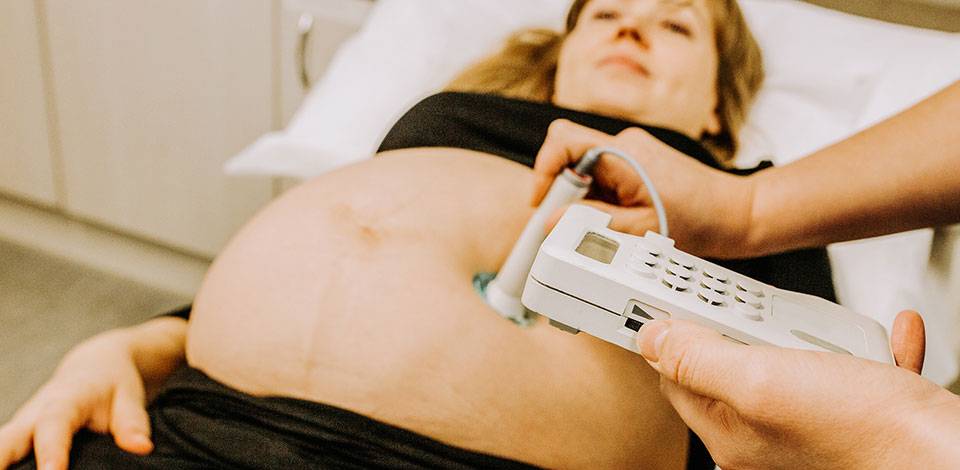
Midwifery
Midwives provide care and support to women and their families while pregnant, throughout labour and during the period after a baby’s birth. A Midwife is usually the first and main contact for the woman during her pregnancy, throughout labour and the early postnatal period.
Midwife
A Midwife is usually the first and main contact for the woman during her pregnancy, throughout labour and the early postnatal period.
Maternity Support Worker
As a maternity support worker, you’ll work under the supervision of a registered midwife. They are sometimes also known as maternity healthcare support workers or midwifery assistants and have roles in hospital and community settings. Some of the responsibilities in this role are helping to care for mothers and babies, making routine observations (temperature, pulse, blood pressure etc), updating records and other admin tasks, taking amongst other things.
Legacy Midwife
Support for Midwives is offered by a team of experienced Legacy Midwives.
In MSE we have a team of experienced Legacy Midwives who wish to share their skills and knowledge of health and care practice specific to their specialist area of practice. Midwives in MSE supported by a Legacy Midwife will be provided with education and support utilising a model based on the Collaborative Learning in Practice (Clip) coaching model. They will facilitate collaborative working among colleagues both in clinical practice and with the Universities.
For further information please Contact us here.
Entry Requirements
The main route into becoming a Midwife is by taking a degree. Healthcare degrees are a hands-on, dynamic way of learning that will give you experience like no other. You are likely to need 2-3 A Levels or equivalent qualifications.
Degree Apprenticeship
You can train through a degree apprenticeship. This involves a combination of academic study and practical, paid employment, and typically lasts around four years.
For other professions within Midwifery there are no set entry requirements and organisations requirements may vary.
